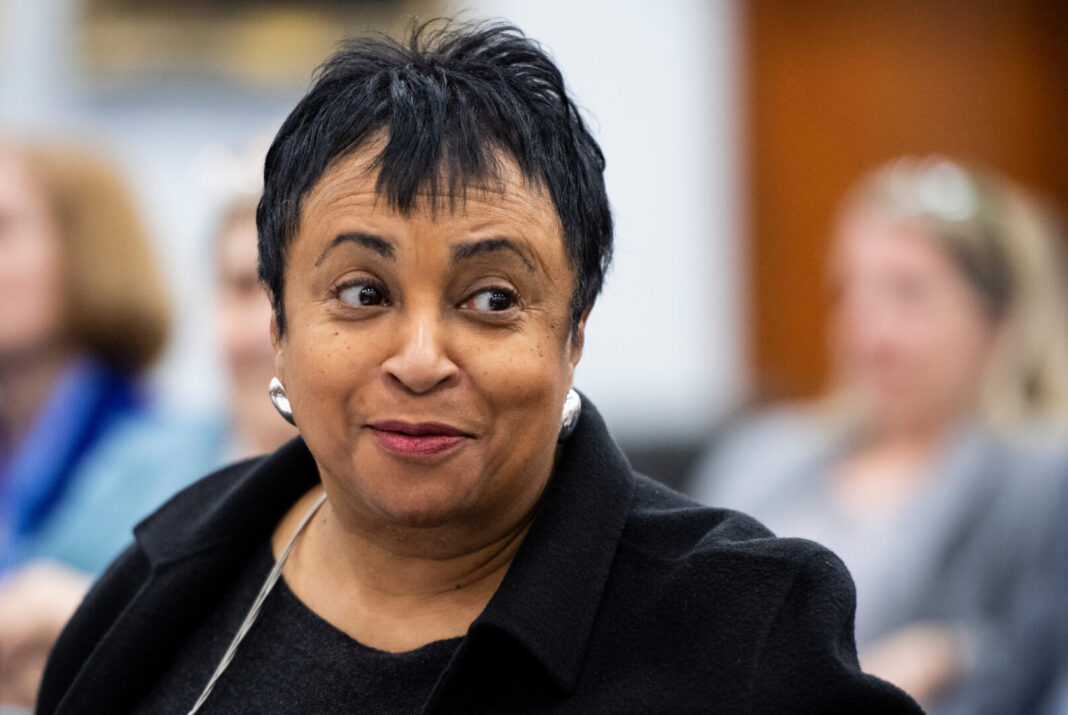## Books Fly Off Shelves as Trump Sacks Librarian of Congress
It’s not every day that the nation’s most prestigious library loses its chief guardian in a shock dismissal. But that’s exactly what happened yesterday when President Trump abruptly fired Carla Hayden, the Librarian of Congress, shattering a decades-long tradition of political neutrality for the position.
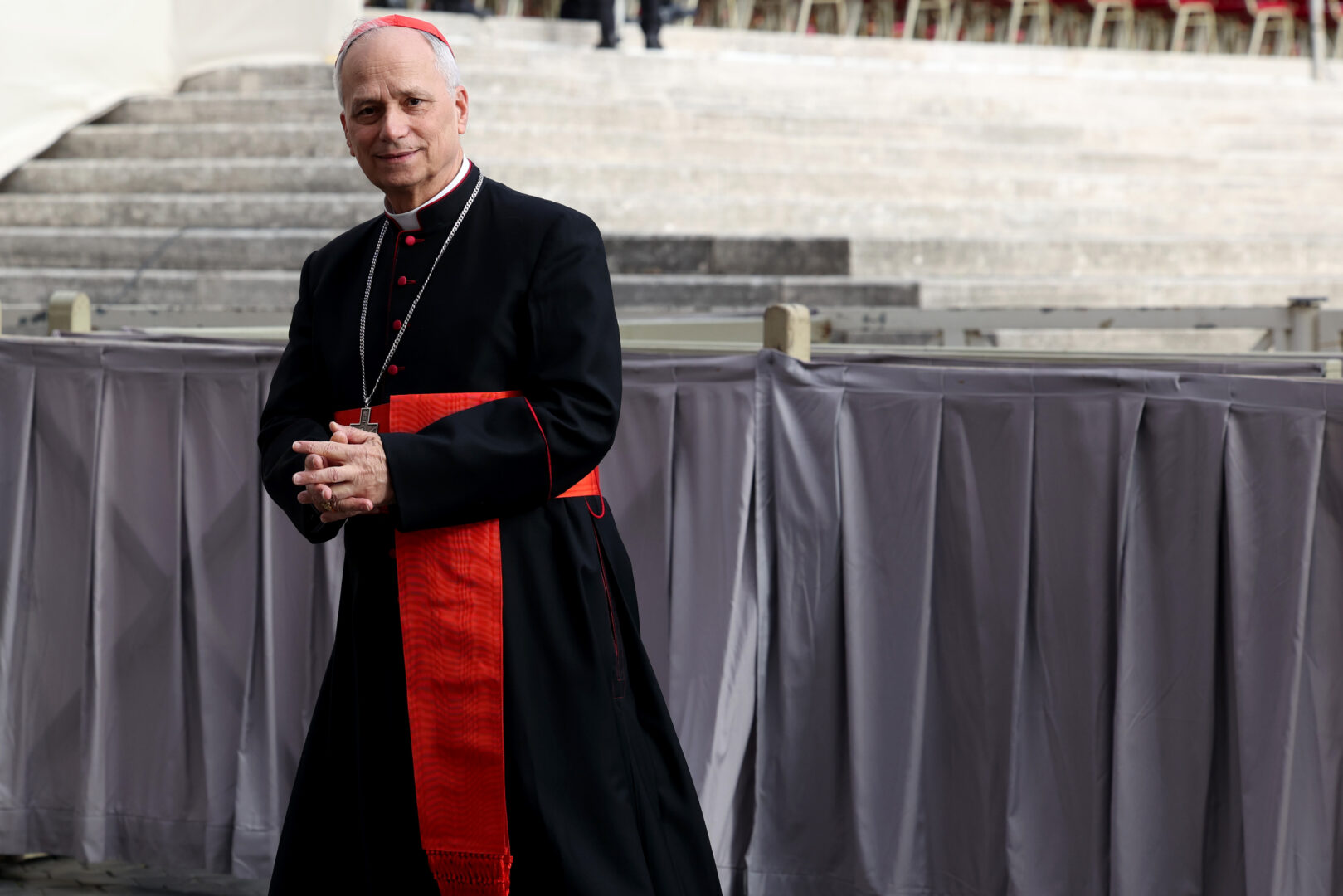
Hayden’s Testimony and the Trump Administration’s Attacks
Addressing Concerns About Trump’s Rhetoric
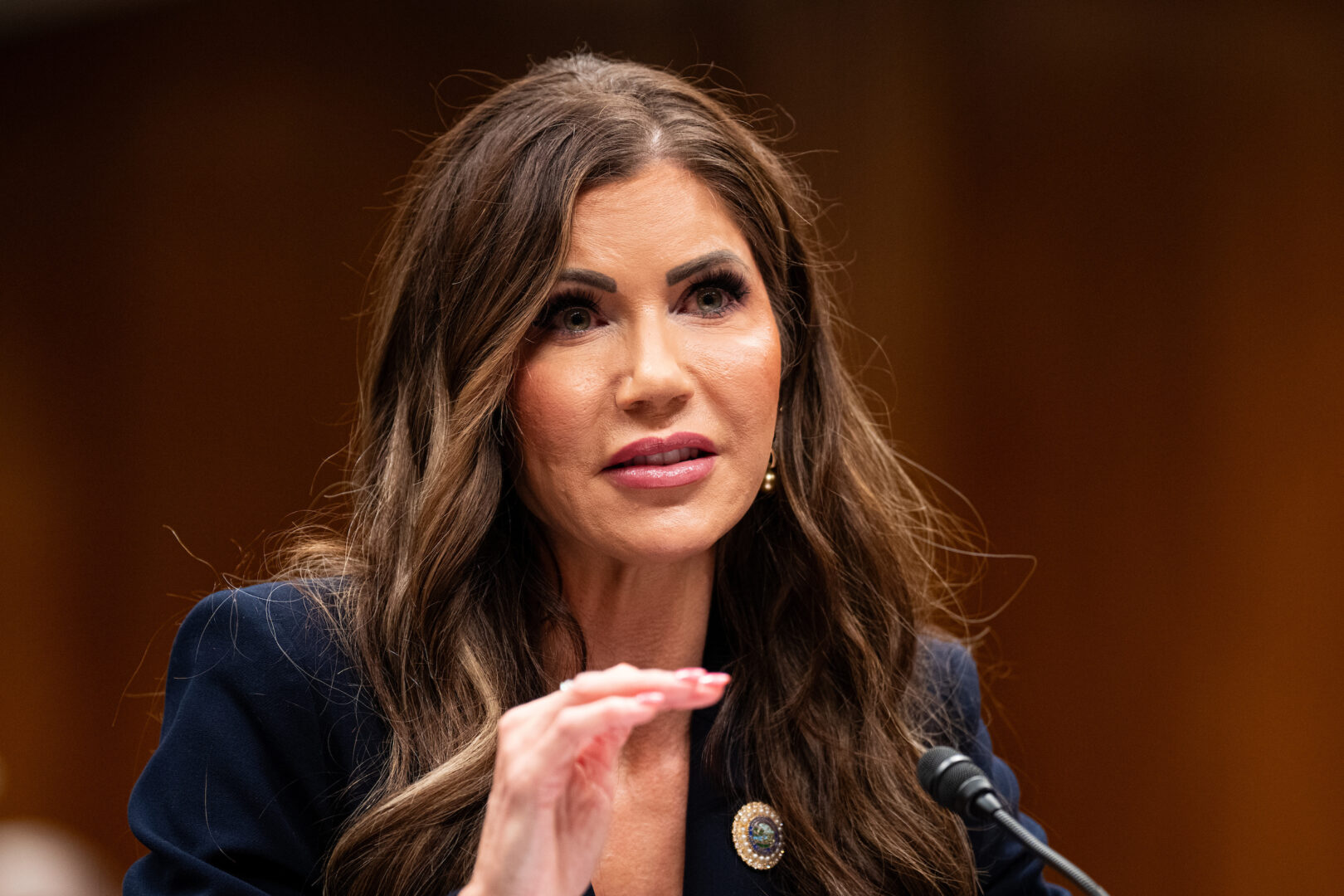
Carla Hayden, the recently fired Librarian of Congress, staunchly defended the core principles of libraries and cultural institutions during recent congressional testimonies. Her statements came amidst growing concerns about the Trump administration’s alleged attempts to stifle free speech and manipulate historical narratives.
Hayden testified before both the Senate Legislative Branch Appropriations Subcommittee and the House Administration Committee, where she addressed the administration’s disregard for intellectual freedom and its potential impact on the vital role libraries play in American society. Her unwavering commitment to these principles stands in stark contrast to the actions of the Trump administration, which has repeatedly sought to undermine the very foundations of a free and open society.
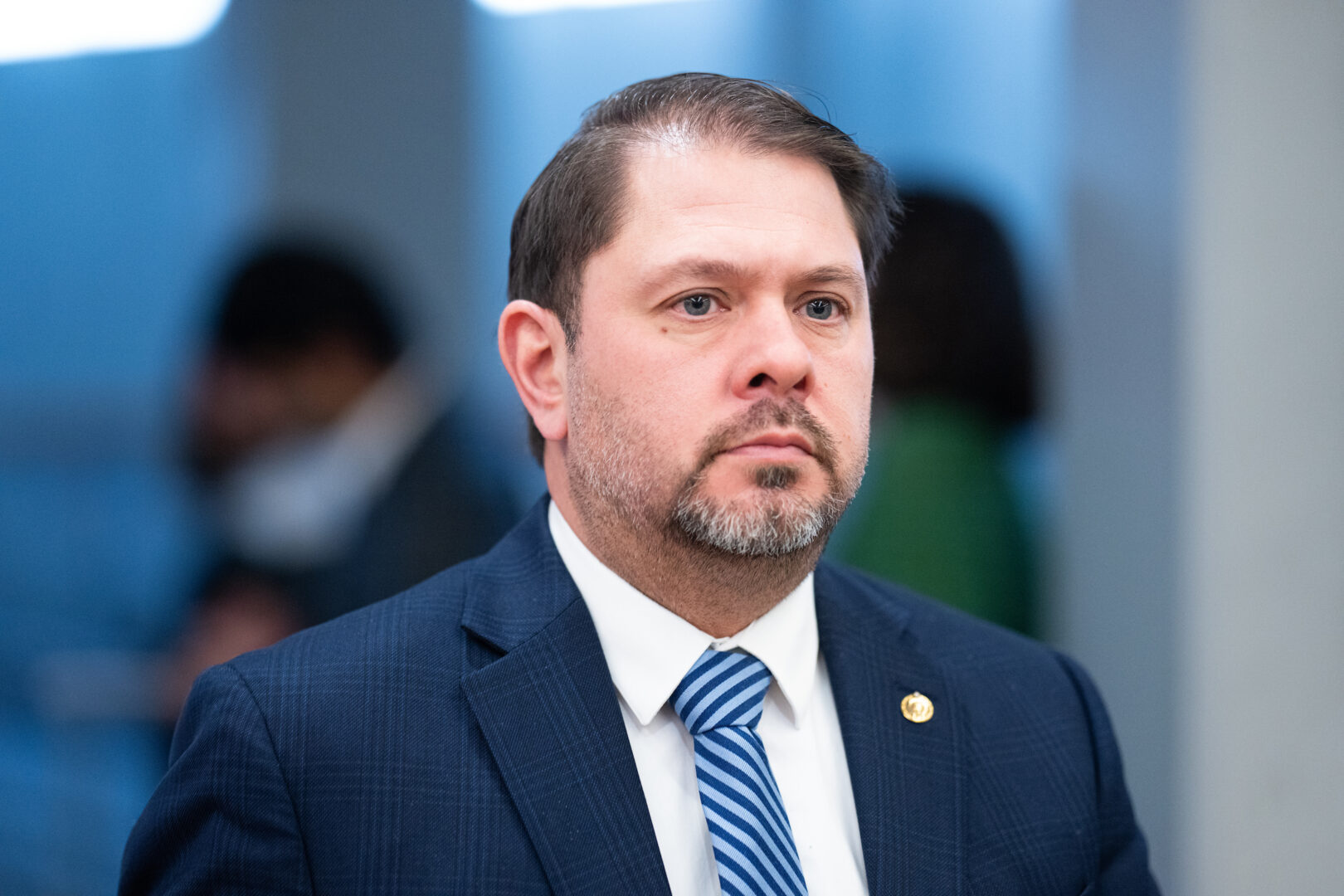
Allegations of Censorship and Attempts to Rewrite History
Unionjournalism has consistently reported on the Trump administration’s controversial policies and rhetoric, which have raised serious concerns about the administration’s commitment to democratic values. Hayden’s testimony shed light on a disturbing pattern of attacks on cultural institutions, highlighting the administration’s willingness to distort historical narratives and silence dissenting voices.
The administration’s efforts to control information and shape public perception have been widely condemned by scholars, librarians, and civil liberties groups. These actions threaten the very fabric of American democracy, which relies on the free flow of information and the ability of citizens to access diverse perspectives.
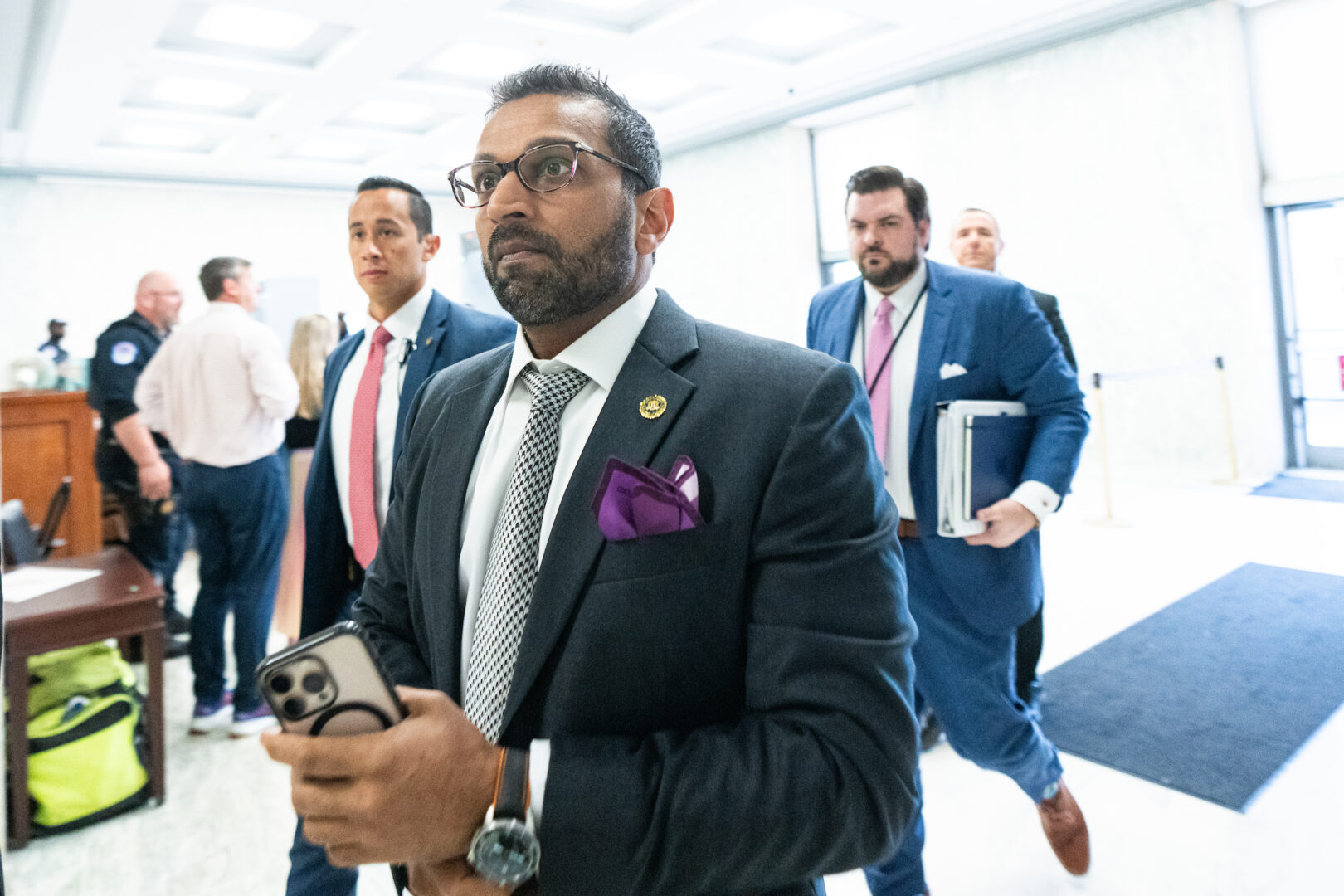
Broader Debates About Censorship and the Role of Government
Hayden’s testimony sparked a national conversation about the role of government in shaping cultural narratives and the importance of protecting intellectual freedom. The debate extends beyond the walls of the Library of Congress, touching on fundamental questions about the nature of truth, the right to dissent, and the future of American democracy.
The Trump administration’s actions have emboldened those who seek to control information and suppress dissenting voices. This trend poses a grave threat to the principles of a free and open society, and it is essential that we defend the right to access information and engage in open and honest debate.
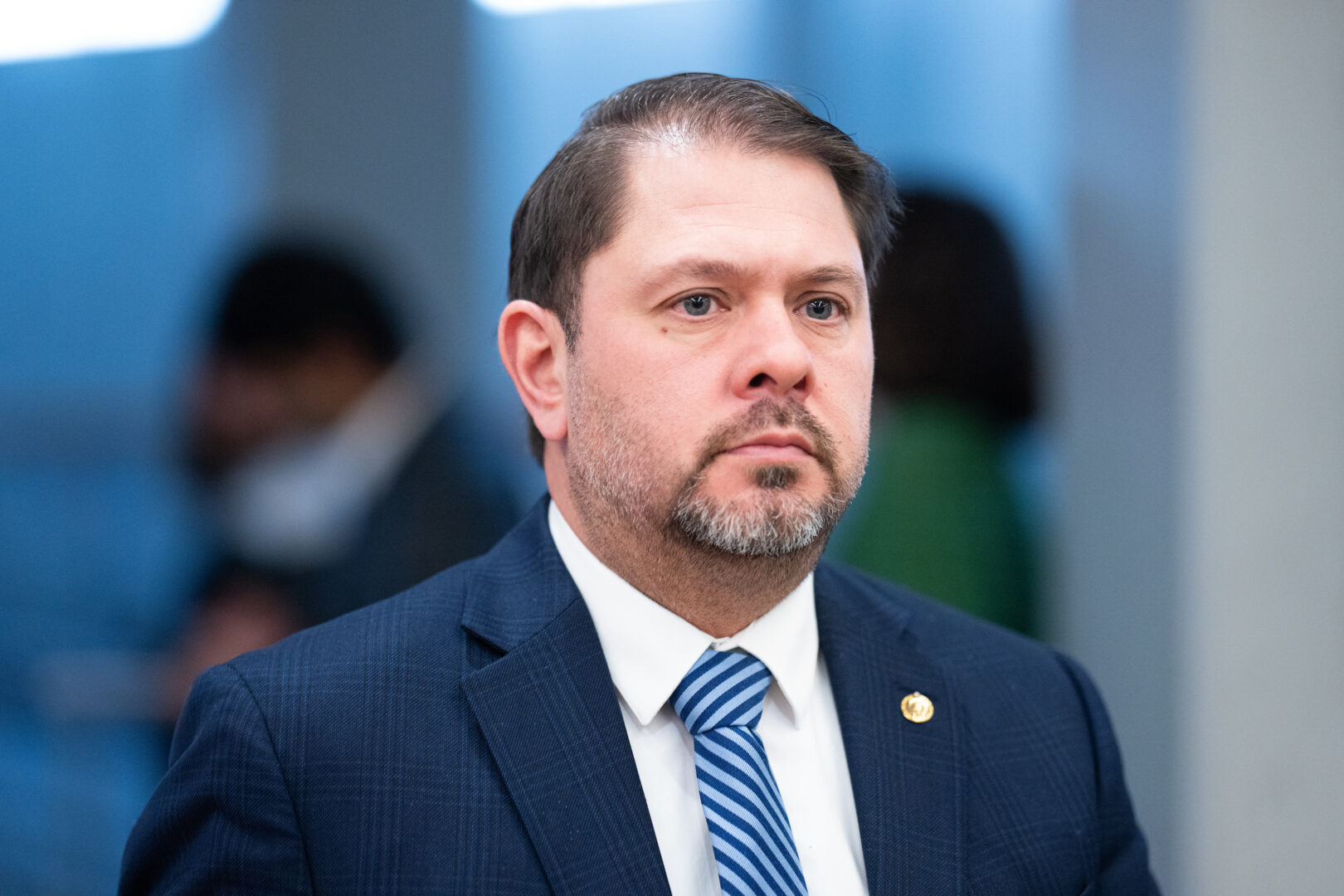
A Battle for the Soul of America’s Libraries
Impact of Trump’s Rhetoric and Policies on Trust and Access to Information
The firing of Carla Hayden, a highly respected leader in the field of librarianship, sends a chilling message to librarians and library workers across the country. It raises serious concerns about the future of libraries as vital institutions that serve as cornerstones of democracy.
Libraries have long been seen as safe spaces where people can access information, explore new ideas, and connect with their communities. The Trump administration’s attacks on libraries and librarians undermine the trust that has been built up over generations.
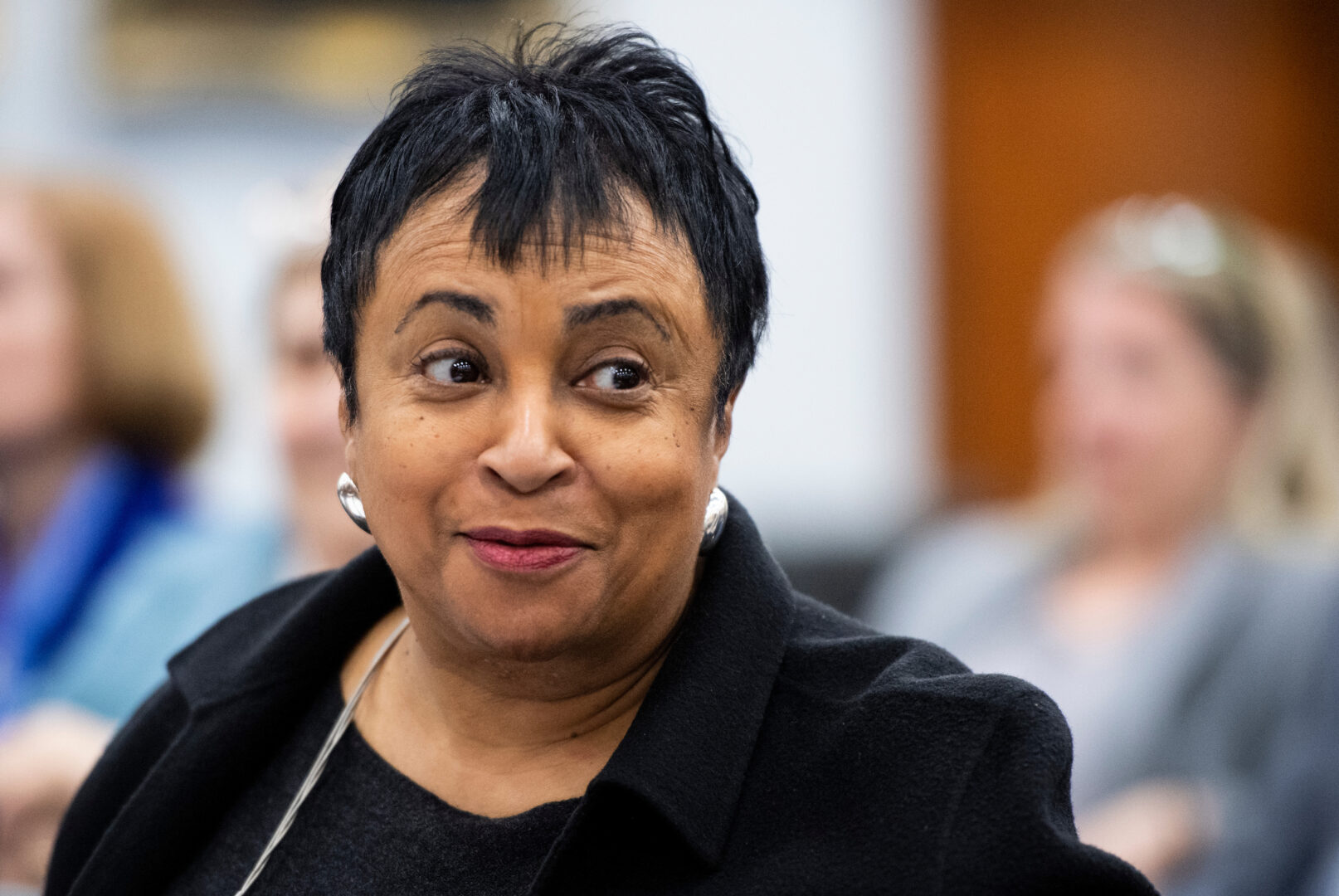
Potential Consequences for Education, Civic Engagement, and Democratic Values
The consequences of these attacks extend far beyond the walls of libraries. They threaten the very foundations of education, civic engagement, and democratic values.
Libraries play a crucial role in promoting literacy, critical thinking, and informed decision-making. They provide access to information and resources that are essential for citizens to participate fully in a democratic society.
By undermining libraries, the Trump administration is chipping away at the bedrock of American democracy. It is essential that we stand up to these attacks and defend the vital role that libraries play in our society.
The Role of Librarians and Library Workers in Safeguarding Intellectual Freedom and Promoting Diversity of Thought
Librarians and library workers are on the front lines of this battle for the soul of America’s libraries. They are committed to upholding the principles of intellectual freedom and providing access to information for all.
In the face of increasing pressure to censor and control information, librarians and library workers are standing firm. They are providing a vital counterpoint to the Trump administration’s efforts to undermine democracy.
It is crucial that we support librarians and library workers in their efforts to protect intellectual freedom and promote diversity of thought. They are essential defenders of our democratic values.
Bipartisan Concern and Calls for Reform
The Reaction from Congressional Democrats
The firing of Carla Hayden was met with swift and bipartisan condemnation. House Minority Leader Hakeem Jeffries, D-N.Y., denounced the move as “a disgrace and the latest in his ongoing effort to ban books, whitewash American history and turn back the clock.” Jeffries highlighted Hayden’s accomplishments and lauded her commitment to the Library of Congress’s mission, emphasizing that her removal was politically motivated and lacked justification.
House Appropriations ranking member Rosa DeLauro echoed Jeffries’ concerns, stating, “This is yet another example in the disturbing pattern of the President removing dedicated public servants without cause — likely to fill the position with one of his ‘friends’ who is not qualified and does not care about protecting America’s legacy.” DeLauro expressed alarm at the potential motives behind Hayden’s dismissal, suggesting the administration sought to replace her with someone who would align with their political agenda and disregard the library’s core values.
Building Support for Reform Efforts
The bipartisan outcry over Hayden’s firing has fueled calls for reforms to the appointment process for Librarian of Congress. Rep. Joseph D. Morelle, D-N.Y., who had previously voiced concerns about the Trump administration’s attacks on cultural institutions, vowed to introduce legislation ensuring the Librarian of Congress is appointed by Congress, rather than by the president.
Morelle’s proposal seeks to protect the Library of Congress from political interference and ensure that its leadership is chosen based on merit and qualifications, not political loyalty. This reform effort reflects a growing recognition that the Library of Congress is too important an institution to be subject to the whims of partisan politics.
Rep. Morelle’s Legislative Proposal and Potential for Action
Addressing the Need for Congressional Oversight
Rep. Morelle’s proposed legislation aims to address the concerns raised by Hayden’s firing and prevent future instances of political interference in the appointment of the Librarian of Congress. By shifting the appointment process to Congress, the legislation seeks to ensure that the position is filled by a qualified individual who is committed to the Library of Congress’s mission and values, rather than a politically appointed figure.
Morelle’s proposal highlights the need for greater congressional oversight in the appointment of key positions within federal agencies, particularly those that play a vital role in safeguarding cultural heritage and promoting intellectual freedom.
Building Support for Reform and Potential Challenges
To be successful, Morelle’s proposal will need to garner bipartisan support in Congress. This will require building a coalition of lawmakers who recognize the importance of protecting the Library of Congress from political influence and ensuring its leadership is chosen based on merit and qualifications.
However, due to the current political climate, it remains to be seen whether Morelle’s proposal will face significant opposition from lawmakers who align with the Trump administration’s stance on cultural institutions. The success of his initiative will depend on his ability to overcome partisan divides and persuade lawmakers to prioritize the Library of Congress’s mission and integrity.
The Future of the Library of Congress and its Role in American Democracy
The firing of Carla Hayden and the subsequent calls for reform highlight the crucial role the Library of Congress plays in American democracy. As a repository of knowledge, a champion of intellectual freedom, and a cornerstone of American culture, the Library of Congress must be protected from political interference and empowered to fulfill its vital mission.
The outcome of Rep. Morelle’s legislative proposal will have a significant impact on the future of the Library of Congress and its ability to serve as a beacon of knowledge and a champion of democratic values for generations to come.
Conclusion
The abrupt firing of Carla Hayden, the first African American and first woman to lead the Library of Congress, sends shockwaves through the institution and beyond. It raises serious questions about the Trump administration’s respect for longstanding traditions and its commitment to intellectual freedom. Hayden’s tenure, marked by modernization efforts and a focus on accessibility, was lauded by many, while her critics, often aligned with Trump’s political base, accused her of a liberal bias. Her dismissal, coming without clear justification, fuels concerns that the Library of Congress, a cornerstone of American democracy, is being politicized and potentially weaponized. This dismissal is a stark reminder of the fragility of institutions designed to safeguard knowledge and intellectual inquiry. The Library of Congress, with its vast collection and its role as a repository of history and culture, stands as a bulwark against misinformation and censorship. The future direction of the Library, now entrusted to an administration that has repeatedly shown disdain for truth and reason, hangs in the balance. Will it continue to be a beacon of knowledge and a champion of intellectual freedom, or will it be transformed into a tool of political propaganda? The answer, in the long run, will determine not only the fate of the Library but also the health of our democracy itself.

